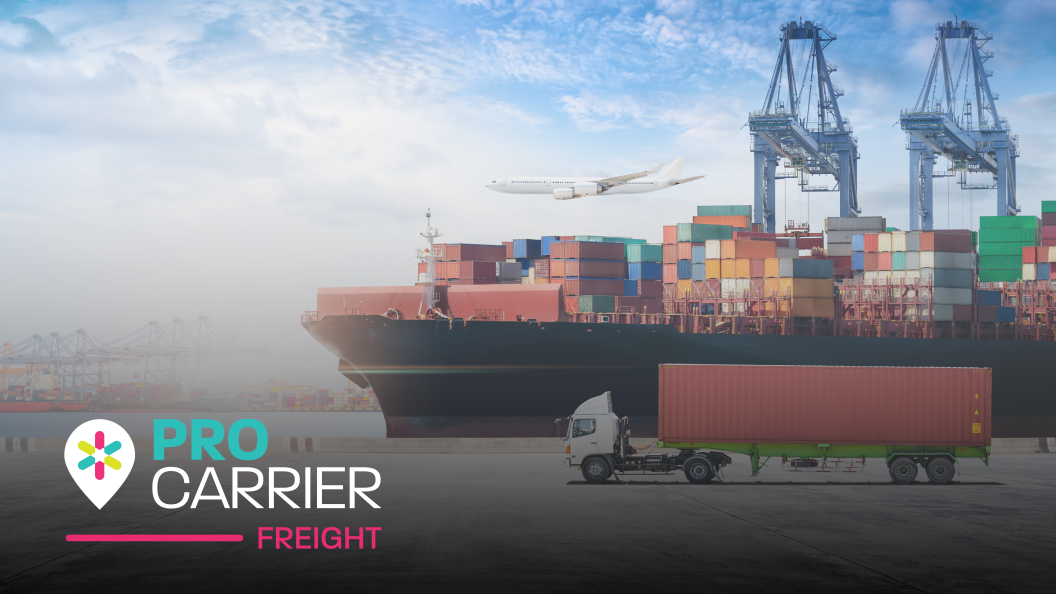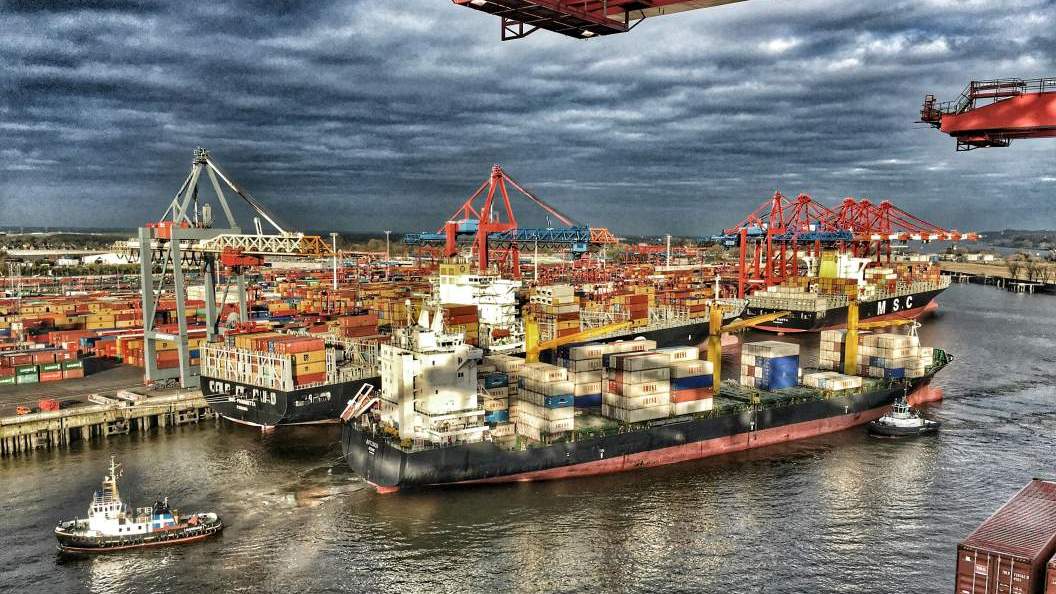Our Top Tips When Choosing a Freight Forwarder
Did you know there are an estimated 100,000 freight forwarding companies worldwide in 2022.
There are over 1,500 companies affiliated with the British International Freight Body (BIFA), the UK’s major trade association for freight forwarding alone.
Choosing the right freight forwarder can be tricky.
When it comes to finding a freight forwarder to handle your international operations, there is a dizzying array of options. Ranging from large corporations to smaller specialist organisations. How do you pick a freight forwarder who is right for you?
Any reputable forwarder should advise strategies to improve the effectiveness, reliability and the efficiency of your logistics operation. Their goals should align with your business aims and help you increase profitability while reducing costs and waste.
In this guide, we list our 4 top tips to consider when it comes to choosing a forwarder.
Freight forwarding is a service that organises and oversees the worldwide transfer (or shipping) of goods (or cargo) from one point to another via international and local freight routes.
What Services Should Forwarders Offer?
The freight forwarder is the intermediary who acts as the mediator on behalf of importers and exporters or sellers. They ensure the safe passage of goods through the supply chain to the next point of distribution in the network.
Forwarding takes a great deal of coordination as airlines, ocean vessels, HS Codes, and customs all require correct organised paperwork whilst the actual shipping and transportation of the cargo is undertaken by heavy-duty modes of transport including ocean freight, rail freight, road transport and air freight shipments usually in TEU containers.
When looking for a partner, take into account the industries they specialise in. Each industry has its own unique set of needs when it comes to international shipping.
It’s a good idea to find out what services they provide and how well they match your requirements.
Services from reputable freight forwarders include:
- Tracking transportation locations
- Preparation of import and export documentation
- Warehousing solutions
- FCL and LCL solutions
- Identification of the best transit routes
- Inventory coordination
- Booking cargo space
- Checking and advising HS codes
- Customs clearance
- Negotiating freight charges
- Freight consolidation
- Final mile delivery for imports
- Organising marine insurance
The Tech-Stack
Global supply chains have seen much disruption in recent months as economies have unlocked and consumer demand has soared in a post-pandemic world.
Retailers have rushed to restock their inventories, and the shipping ecosystem has struggled to keep pace. Covid shutdowns at major ports and factories worldwide have compounded the problem.
However growing your own business depends, in part on the strengths and weaknesses of your chosen forwarder and the technical solutions they offer.
By employing the services of freight forwarders who can provide real-time tracking over cargo brings benefits, if you want real-time visibility over your goods. Tracking platforms like Horizon offer instant access to a multitude of information, 24 hours a day, 7 days a week, 365 days a year. In addition to details on all bookings, you can keep track of key milestones such as shipment arrival/departure dates.
While it may be tempting to use the services of the freight forwarder with the lowest prices, think about why they are charging less. Where you may save money initially, you’ll almost certainly pay for it in the form of delays, additional fees, and poor customer service. Instead, look for an international freight forwarder that provides excellent service and uses technology to provide additional value.
What Does Horizon Offer?
Tracking over shipments 24/7
Personalised data and information
Search functionality to find documentation
Haulage booking capability
VAT calculator application and HS code look-up
Many more key features
Assess The Forwarders Accreditations
When choosing a freight forwarder look for a firm that belongs to multiple trade associations.
A company’s membership in organisations like BIFA (British International Freight Association) or the FIATA (International Federation of Freight Forwarders Associations) is the strongest indicator that it operates ethically and complies with all applicable legal requirements.
Freight forwarders with an AEO (Authorised Economic Operator) accreditation have the added benefit of being able to take advantage of simple customs procedures.
Holders of the AEO status are judged to deliver secure and efficient supply chain security requirements.
Moreover, any accreditations suggest the forwarder is more likely to be able to problem-solve and manage unforeseen challenges. These challenges include strikes and shutdowns, rerouting freight, and customs issues the accreditations imply confidence in the forwarders operations. If you want to be sure the company knows what it’s doing, requesting references is good practice.
Can the Freight Forwarder Offer Flexibility?
Do you need to reroute a shipment in order to prevent being stuck in a port? Are you looking for ideas to reduce the cost of your oversize or heavy freight?
Whether it’s scheduling shipments, seasonal holidays or unexpected circumstances, a forwarder with a strong network will be able to adjust to your needs.
From port strikes and the economy to driver shortages the ideal freight forwarder will be able to provide alternate solutions to ensure that your goods arrive safely and on time.
We recommend finding a forwarder who offers flexibility, adaptability as well as a robust logistics network.
Final Thoughts
Unfortunately, there’s no way to know whether the freight forwarder will be the right fit for your business.
However, you can (and should) do research online, with a focus on geographic coverage.
If you ship between Far East and the UK, for example, a forwarder that specialises in imports and exports to and from Asia is a natural choice. Finding and choosing a forwarder can prove challenging and they may charge a bit more for transportation on the ocean freight, air freight or road freight. Though, the best of these companies build their reputation not on volume, but on deep expertise and a highly personalised service that delivers added value to the customer.
If you are you looking for a partnership that focuses on quality rather than quantity? Talk to someone direct.
Contact us to start the conversation.



